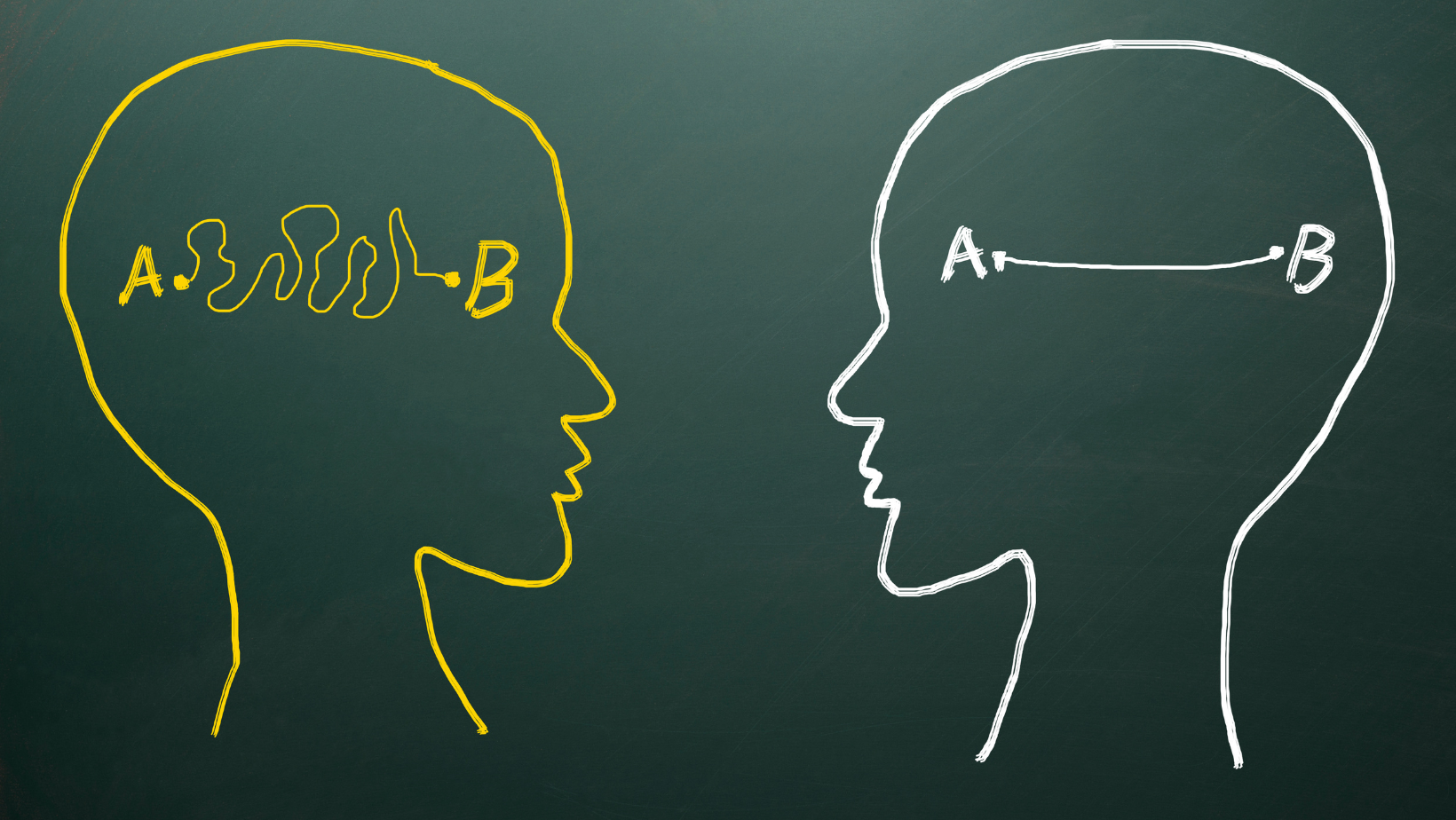
Today I want to discuss a topic that has come up for quite a few clients in the last week - Communication. Maybe you’re already great at expressing how you feel to those around you ? Or maybe.. you let it build internally, the anger kicks in, and then you explode OR completely avoid the conversation at all costs in order to keep the peace ? Let’s get stuck in !
What constitutes effective communication?
It's crucial to recognise that the desired outcomes might differ based on whether you're engaging with people in your personal or professional sphere. Proficient communication in a work setting empowers you in negotiations or problem-solving with colleagues and business partners. On the home front, effective communication fosters healthy relationships and aids in imparting important values to your children.
5 key reasons why effective communication is an extremely important part of life;
Clear Understanding: Effective communication ensures that information is conveyed accurately and understood clearly. This reduces misunderstandings, errors, and confusion, leading to smoother interactions.
Relationship Building: Good communication nurtures strong relationships. It promotes trust, empathy, and mutual respect, which are essential for maintaining healthy personal and professional connections.
Conflict Resolution: When communication is effective, conflicts can be addressed more constructively. It allows individuals to express their viewpoints, listen to others, and find common ground for resolution.
Increased Productivity: In workplaces, clear communication enhances efficiency and productivity. Team members understand tasks, expectations, and deadlines better, minimising mistakes and maximising output.
Opportunities for Growth: Effective communicators often have better career prospects. They can articulate their ideas, showcase their skills, and network effectively, leading to personal and professional growth.
Overall, effective communication is a cornerstone of successful interactions.
An example of effective communication in a relationship:
Lack of communication - You and your partner are arguing over whether or not to go to a party this coming weekend. Your partner wants to go and you would rather stay home and watch movies.
Effective communication - When you both listen to why the other feels the way they do, you discover that your partner has felt disconnected from her friends lately and she finds out that you want to spend some alone time with her to deepen your relationship. You mutually decide to go to the party for an hour, then come home to watch movies so both needs can be met.
Effective communication is essential for successful interactions in both personal and professional settings.
Here are four steps to follow to achieve effective communication:
- Clear and Concise Expression
- Organise your thoughts before speaking, what do you really want them to know?
- Use simple and clear language that your audience can understand.
- Be concise and to the point, avoiding unnecessary jargon or verbosity.
- Provide relevant examples or anecdotes to illustrate your points.
- Practice Active Listening
- Pay full attention to the person speaking and avoid distractions.
- Avoid interrupting and allow the person speaking to finish before responding.
- Ask clarifying questions to ensure you understand the message correctly.
- Practice Empathy and Understanding:
- Put yourself in the other person's shoes to understand their perspective.
- Show empathy by acknowledging their feelings and emotions.
- Avoid passing judgment or making assumptions before hearing the complete message.
- Use phrases like "I understand" or "I can see why you might feel that way" to convey empathy.
- Provide Feedback and Confirmation:
- Encourage feedback from the listener to ensure they've understood your message correctly and vice versa.
- Summarise key points and ask if your summary aligns with their understanding.
- If communicating in writing, use headings, bullet points, and formatting to make the content more digestible.
- Seek confirmation that the message was received as intended and address any misunderstandings promptly.
By following these four steps, you can enhance your communication skills and foster meaningful connections in both your personal and professional life.
Remember that effective communication is a continuous process that requires practice and refinement over time.
“Good communication is a skill that you can learn. It’s like riding a bicycle or typing. If you’re willing to work at it, you can rapidly improve the quality of your life.”
- Brian Tracy
